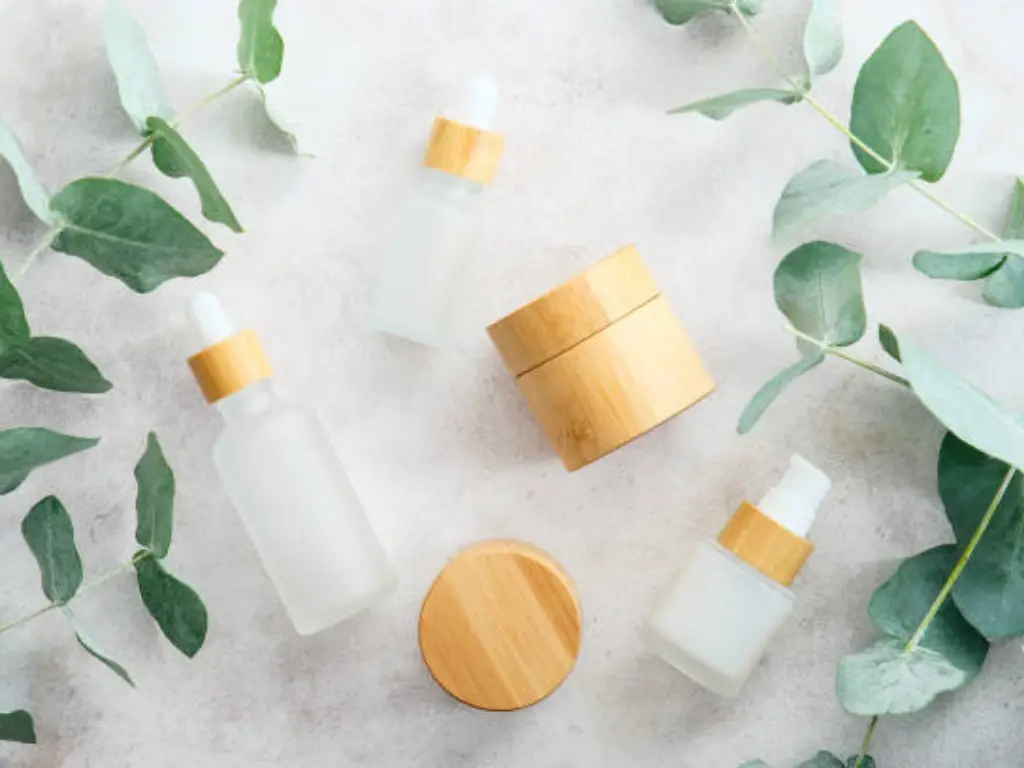The beauty industry has a significant impact on the environment, from excessive plastic waste to pollution. As consumer awareness of environmental issues grows, the demand for eco-friendly packaging has become a top priority. Here’s why eco-friendly packaging matters in the beauty industry and how it benefits both the planet and consumers.
1. Reducing Plastic Waste
The beauty industry is one of the biggest contributors to plastic waste, with millions of bottles, jars, and containers discarded each year. Eco-friendly packaging—such as biodegradable materials, recycled plastics, or glass—helps reduce the amount of waste ending up in landfills and oceans. By choosing eco-conscious packaging, brands play a role in reducing the industry’s environmental footprint.
2. Minimizing Carbon Emissions
Producing traditional plastic packaging often involves high carbon emissions. Eco-friendly packaging options like recycled materials, bamboo, or aluminum require less energy to produce and transport, lowering the carbon footprint. This shift can make a substantial difference in reducing greenhouse gas emissions, contributing to climate change mitigation.
3. Encouraging Recyclability and Reusability
One of the primary goals of eco-friendly packaging is to promote recycling and reusability. Brands that use recyclable materials or design refillable packaging create a more sustainable lifecycle for their products. For example, some companies offer refill stations or reusable containers, allowing customers to purchase only what they need without buying new packaging each time.
4. Meeting Consumer Demand for Sustainability
Consumers are becoming increasingly aware of their environmental impact, leading them to prioritize eco-friendly products. Studies show that a significant portion of consumers prefer brands with sustainable practices, including eco-friendly packaging. By adopting greener packaging solutions, beauty brands can build trust with consumers and strengthen brand loyalty.
5. Promoting Responsible Resource Use
Many eco-friendly packaging options use resources more responsibly, such as sourcing materials from renewable or sustainably managed forests. For example, packaging made from plant-based or biodegradable materials (like cornstarch or mushroom packaging) offers a sustainable alternative to petroleum-based plastics. Using these materials promotes biodiversity and reduces dependence on non-renewable resources.
6. Reducing Harmful Chemical Leaching
Traditional plastic packaging often contains harmful chemicals, like BPA and phthalates, that can leach into beauty products and harm both the user and the environment. Eco-friendly packaging is generally free from these harmful chemicals, making it safer for both consumers and the planet.
7. Setting Industry Standards for a Greener Future
As more beauty brands embrace sustainable packaging, they encourage competitors to do the same. This movement can set new industry standards, creating a ripple effect that inspires widespread environmental responsibility. Over time, these efforts contribute to a greener, more sustainable future for the beauty industry.
8. Building a Positive Brand Image
Adopting eco-friendly packaging isn’t just about environmental responsibility; it also enhances a brand’s image. By visibly committing to sustainable practices, beauty brands align themselves with values of transparency and care for the planet. This appeal to environmentally-conscious consumers builds positive brand recognition and can even attract a larger customer base.
Conclusion
Eco-friendly packaging is more than a trend; it’s a necessary step toward a sustainable future in the beauty industry. From reducing plastic waste to meeting consumer demand for ethical practices, eco-conscious packaging plays a vital role in promoting environmental health. By choosing products with sustainable packaging, consumers and brands can contribute to a more eco-friendly world, one beauty product at a time.

